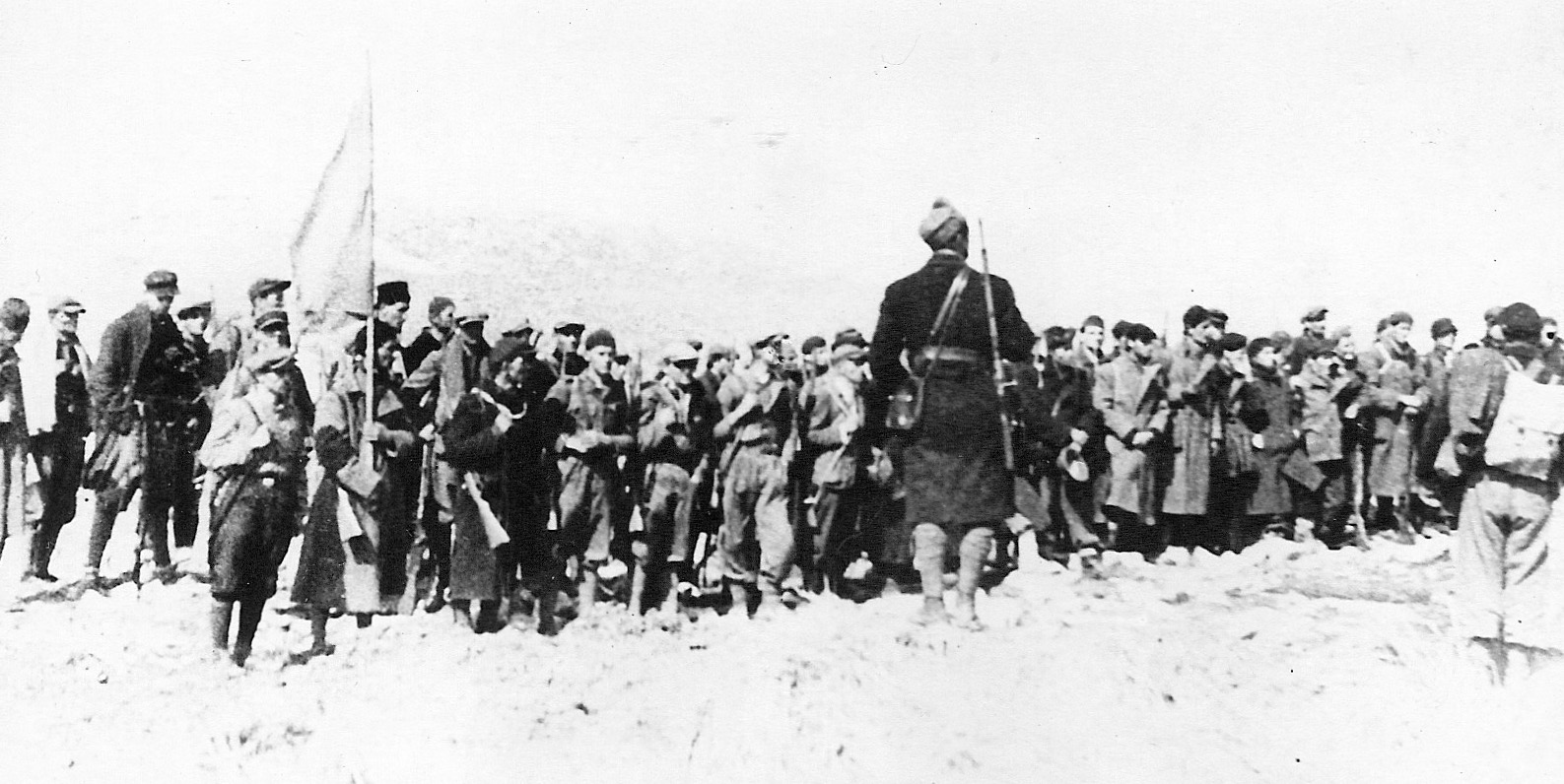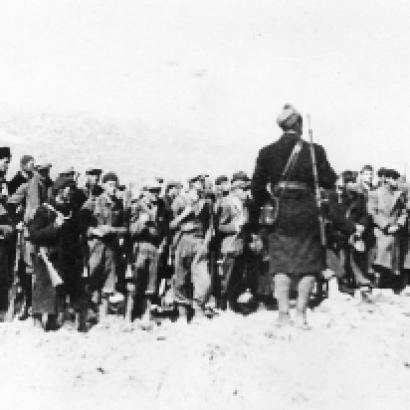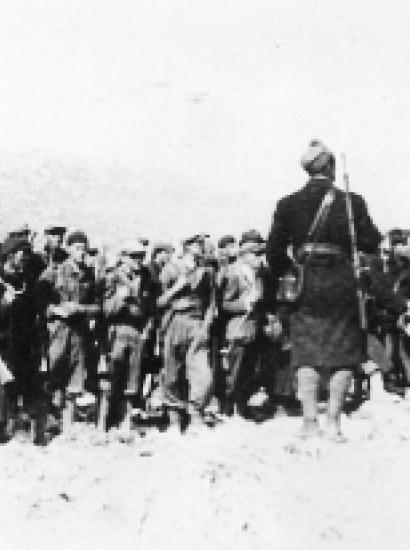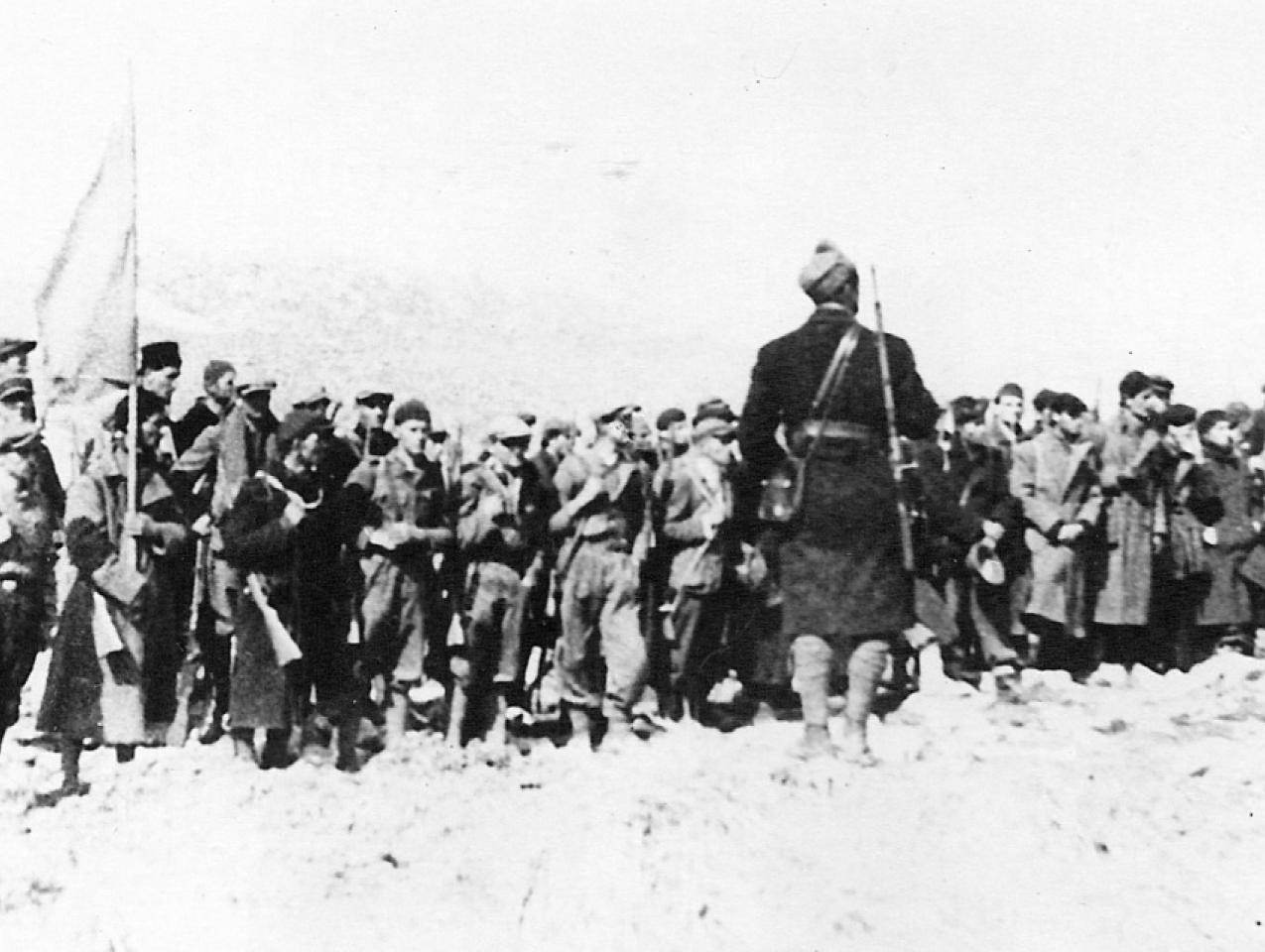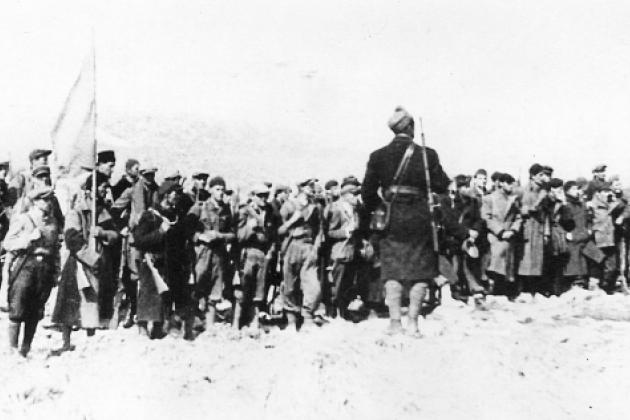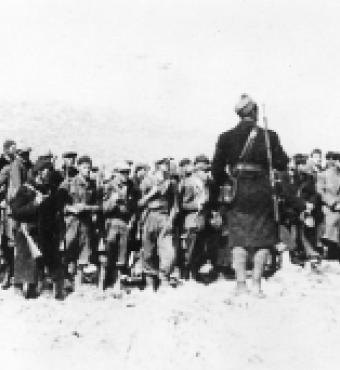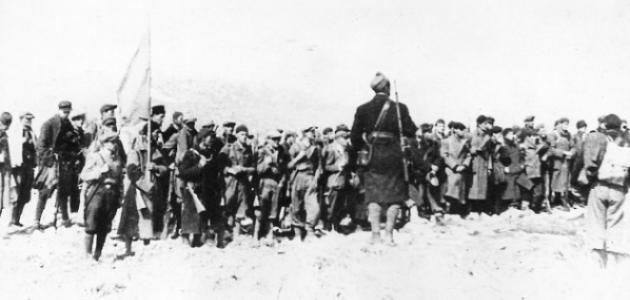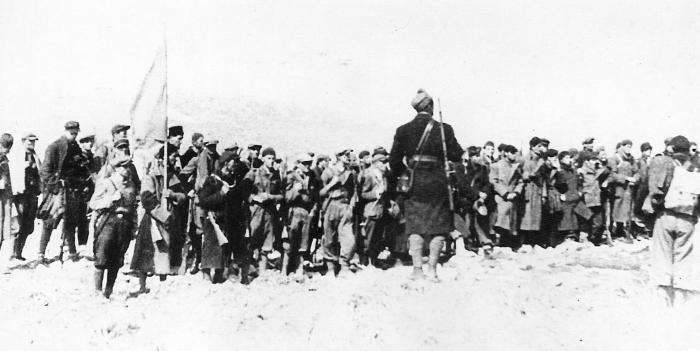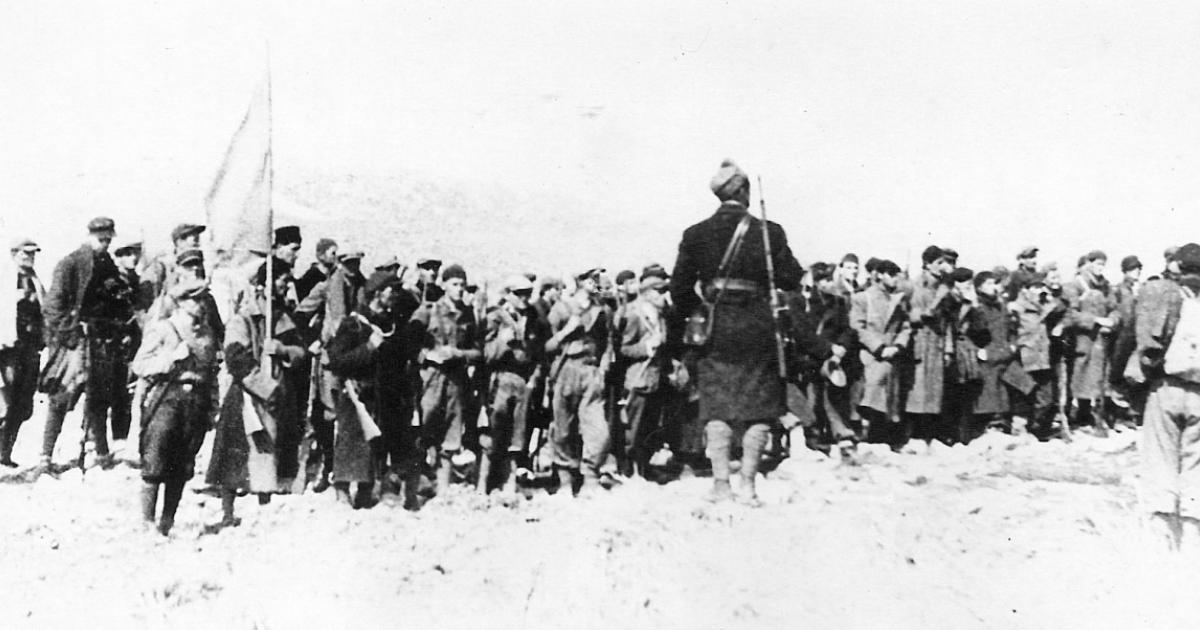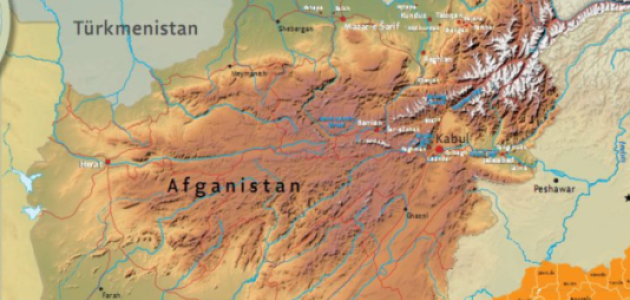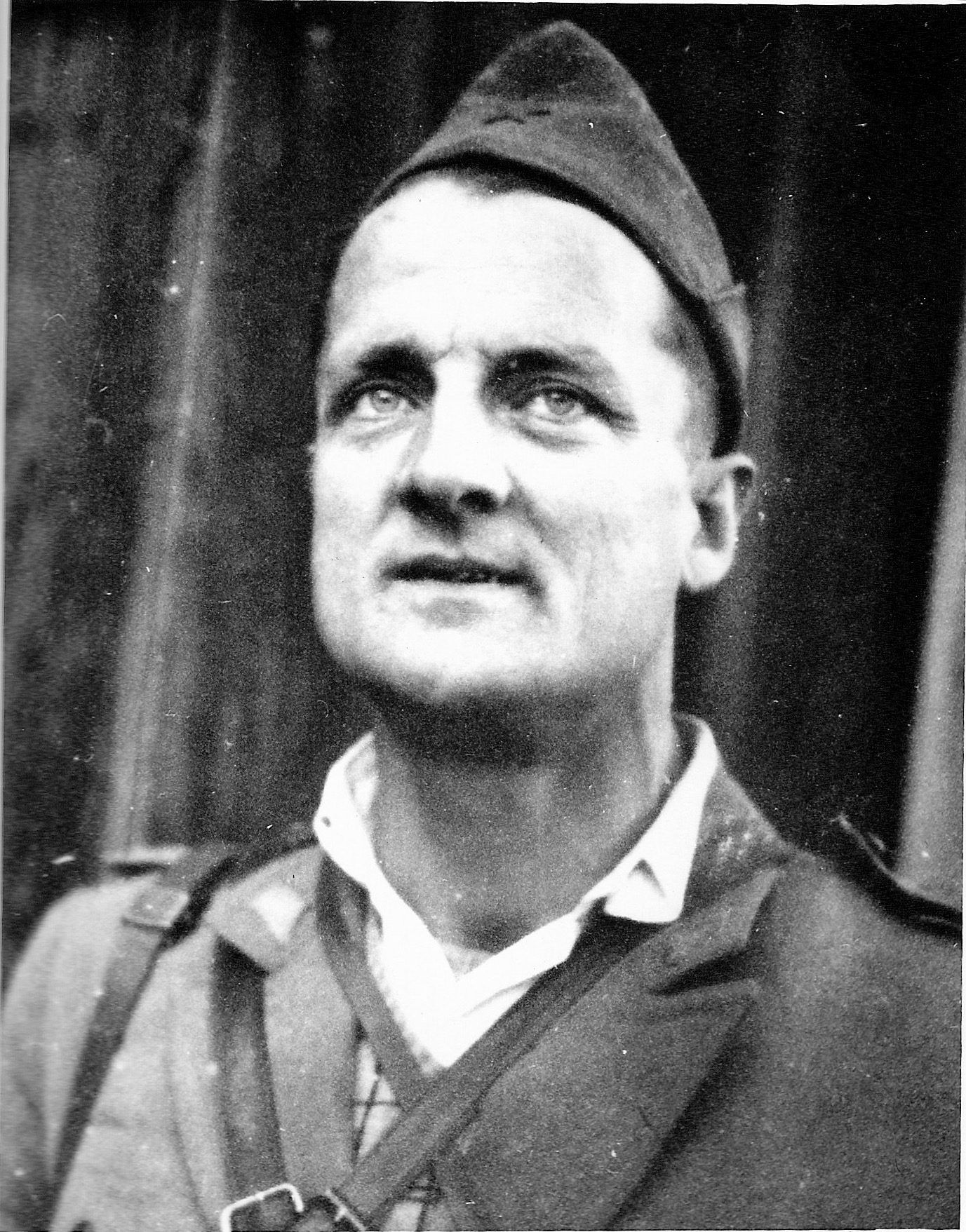
The Hoover Library & Archives acquired another major collection pertaining to Yugoslavia, the Vicko Krstulović Papers. Krstulović (1905−88) was a Croat communist and partisan commander during World War II in Dalmatia, the historic region along the eastern shore of the Adriatic Sea. Occasionally critical of Marshal Tito during and after the war, he was effectively sidelined but, because of his genuine popularity in Dalmatia, never completely purged from the Yugoslav Communist Party. He is remembered as the member with the longest standing in the party, some sixty-six years, from the time that he joined at seventeen until his death at eighty-three. From 1940 until 1964 he was a member of the party’s Central Committee.
The wartime situation in Yugoslavia was complicated. The country, a veritable ethnic and religious mosaic, was partitioned among Germany, Italy, Hungary, Bulgaria, and an oversized Croatia, a German satellite country. The Yugoslav resistance was also divided between the royalist Chetniks of Draža Mihailović and the Partisans of Josip Broz Tito. Superimposed on the situation were the changing military and political interests and expectations of Britain, the United States and the Soviet Union and those of their intelligence agencies. Vicko Krstulović played an important role in organizing and leading the resistance on the home front of Dalmatia. Forces under his command, organized into four divisions, eventually numbered more than 100,000 fighters. He was instrumental in assembling a partisan navy of armed fishing boats and small ships; in 1944 he prevailed on Tito to move his headquarters to the island of Vis, one of the westernmost of the Dalmatian chain. The island was equipped with an airstrip, used by Allied planes of the Balkan Air Force for supply and reconnaissance flights into the Balkans, and manned by a force of two thousand partisans and a thousand British commandos. Vis, Tito’s “window to the West,” functioned as the political and military center of the liberated territories until Belgrade was liberated some months later, giving Tito the best possible vantage point on the war in Yugoslavia and the ability for close interaction with the Allies, a relationship that proved crucial in the eventual showdown with Stalin.
After the war Krstulović became increasingly dismayed with Tito’s authoritarian leadership and personal conduct. The Marshal’s ostentatious lifestyle, with luxury residences, yachts, and automobiles, conflicted with Krstulović’s notions of socialist brotherhood and equality. He criticized Tito’s personality cult and the role of his “old guard” and spoke of the necessity of bringing younger, better-educated people into the government decision making process. He used whatever influence he had in the various party and government positions he occupied to promote his “Dalmatian vision” of shipbuilding and a merchant marine that could bring Yugoslavia into the international maritime scene and help power the national economy. His ideas were not welcome. Vicko’s eldest son, Maksim, a prominent young painter, a left-oriented intellectual, and a journalist, was even more critical of the Tito regime. He could not find a job in Yugoslavia so he moved to London, where he was soon brutally murdered. The crime was never solved, but the family had suspected that the killing was the work of Tito’s UDBA (State Security Administration).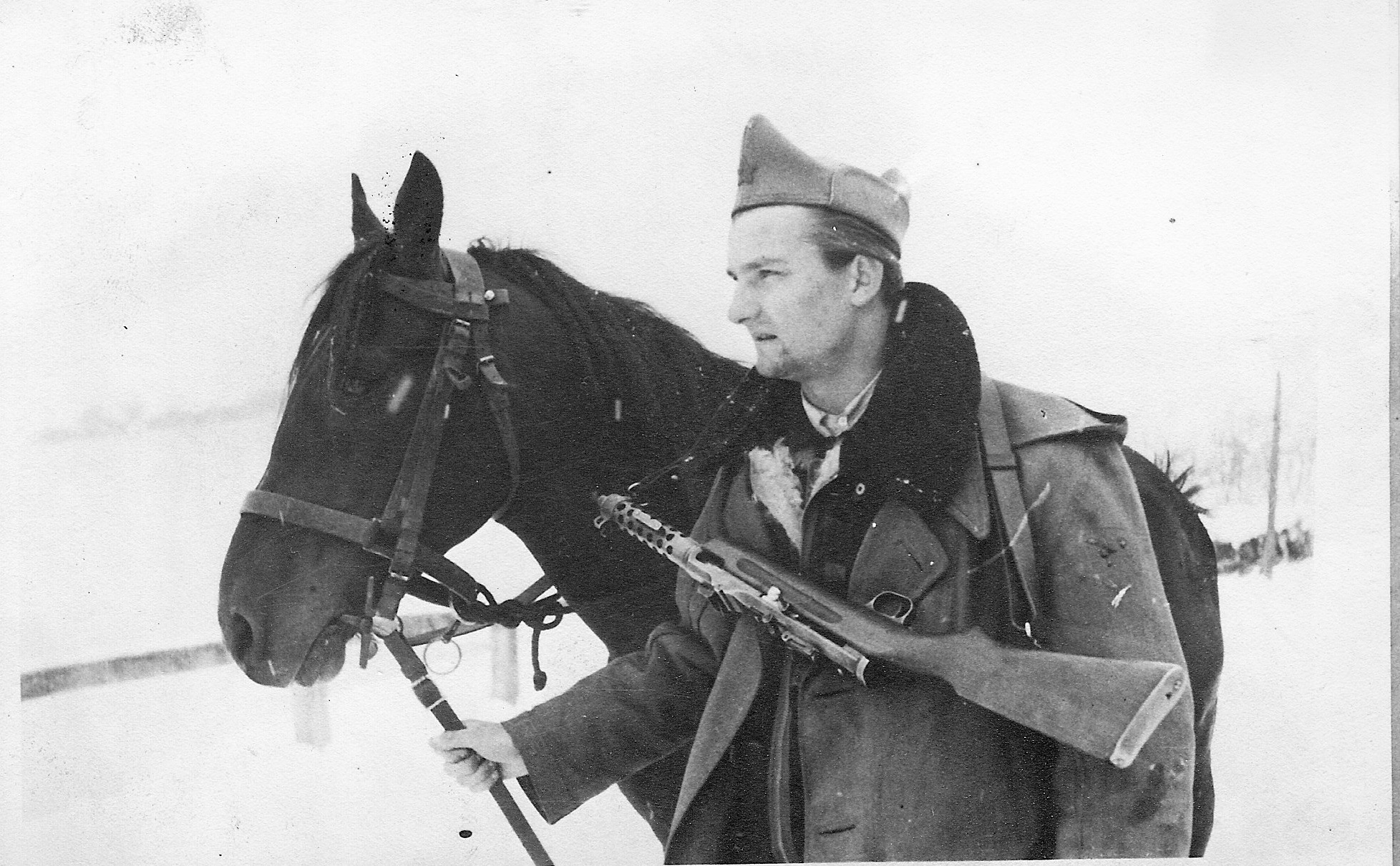
Vicko Krstulović devoted his later years to writing his memoirs. The regime monitored his work with agents, wiretapped his home, and conducted surveillance of his associates. Publication was not allowed during the author’s lifetime. He died in 1988 in the Split Military Hospital as the result of a heart attack caused by gross medical malpractice, though the family suspected something more sinister. The memoirs, in three volumes, finally appeared in 2012−14. The Vicko Krstulović Papers consist of twenty-five manuscript boxes of writings, documents, correspondence, photographs (many with extensive and detailed annotations), as well as voice and video recordings. Krstulović’s last personal weapon, an M42 Marlin submachine gun (delivered by one of the Balkan Air Force drops), was also offered to Hoover but respectfully declined because of legal restrictions and limited research value. It is hoped that a place for it will be found in a Serbian or a Croatian museum. The Krstulović papers, next to the Milovan Djilas literary archives acquired by Hoover two years ago, will significantly supplement and complement Hoover’s rich collections on Yugoslavia. 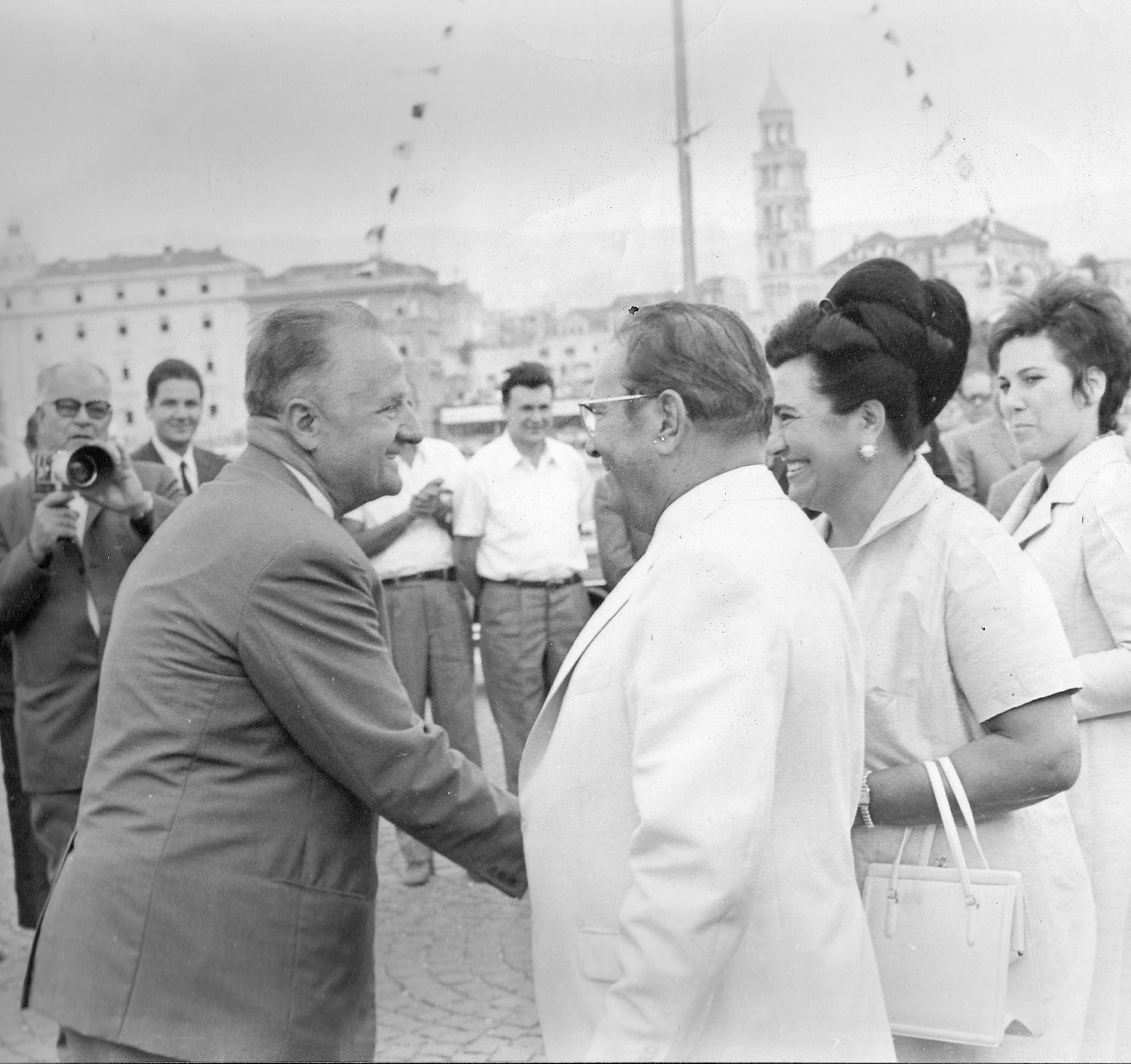
Maciej Siekierski siekierski@stanford.edu




